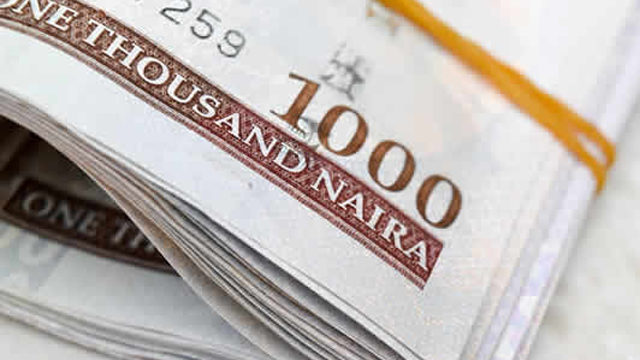Money supply in the Nigerian economy has taken a leap by 22.5 per cent Year-on-Year (YoY) to N38 trillion in the first quarter of the year (Q1’21).
The increasing demand for cash was caused by the rising prices of goods and services.
Annual inflation rate rose for the 19 consecutive months to 18.17 percent in March according to data by the National Bureau of Statistics (NBS).
This represents the highest inflation rate since January 2017. The persistent rise in the inflation rate is mostly attributed to increase in food prices.
The annual food inflation rate rose steadily to 23 per cent in March this year from 13.28 per cent in October 2018, reflecting the impact of low harvest due to continued farmer-herders’ crises and the volatility in logistics cost as well as the impact of border closure that lasted from August 2019 to December 2020.
Other factors driving the steady increase in prices of goods and services include: naira depreciation, increase pump price of petroleum products and electricity tariff.




